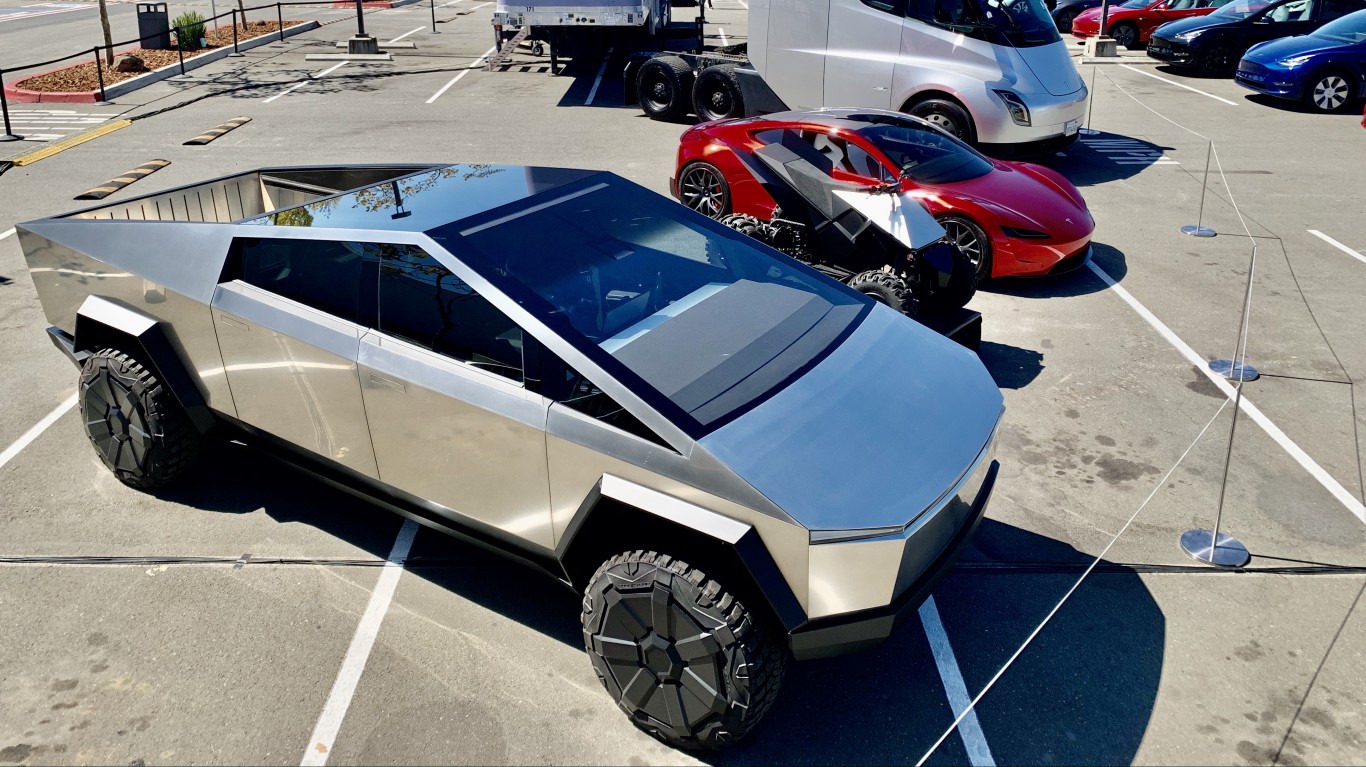
Tesla Inc. (NASDAQ: TSLA) has held the lead in global sales among electric vehicle (EV) companies, likely since it started selling cars in China in 2017. It already dominated the U.S. market, where its sales took off two years earlier. The United States and China are the two largest car markets in the world.
Tesla has never had any meaningful competition in the United States. Several tiny car companies have launched, but none has sales traction. Large manufacturers like Ford have spent billions to grab market share but with little success. (Five reasons to avoid Tesla’s Cybertruck no matter what.)
Tesla has real competition in China today. BYD, a local EV company, may become the number one EV maker in the world this year. Almost all those sales will be in China, but it has started to expand. In the next several years, BYD will likely have a foothold in Europe. What it does in the United States in the coming years is an open question.
Tesla’s New Competitor

Xiaomi announced remarkably aggressive plans for its move into EVs. According to Reuters, it has just launched its first EV, the SU7 sedan. The company expects to grow into a major force in the car industry. At the launch of the SU7, Xiaomi Chief Executive Lei Jun said, “By working hard over the next 15 to 20 years, we will become one of the world’s top 5 automakers, striving to lift China’s overall automobile industry.”
Xiaomi’s plans should not be discounted. The company trails only Samsung in global smartphone sales. Xiaomi is barely a decade old, having been founded in 2010.
Xiaomi will almost certainly take the same path BYD has. That is, it will try to get a large part of the Chinese market, which is the largest car market in the world by far. Then, the revenue generated from China sales will be used to move overseas.
Tesla has a new competitor. For now, that may only be in China, but it is another sign the EV market is getting more crowded by the year.
100 Million Americans Are Missing This Crucial Retirement Tool
The thought of burdening your family with a financial disaster is most Americans’ nightmare. However, recent studies show that over 100 million Americans still don’t have proper life insurance in the event they pass away.
Life insurance can bring peace of mind – ensuring your loved ones are safeguarded against unforeseen expenses and debts. With premiums often lower than expected and a variety of plans tailored to different life stages and health conditions, securing a policy is more accessible than ever.
A quick, no-obligation quote can provide valuable insight into what’s available and what might best suit your family’s needs. Life insurance is a simple step you can take today to help secure peace of mind for your loved ones tomorrow.
Click here to learn how to get a quote in just a few minutes.
Thank you for reading! Have some feedback for us?
Contact the 24/7 Wall St. editorial team.




